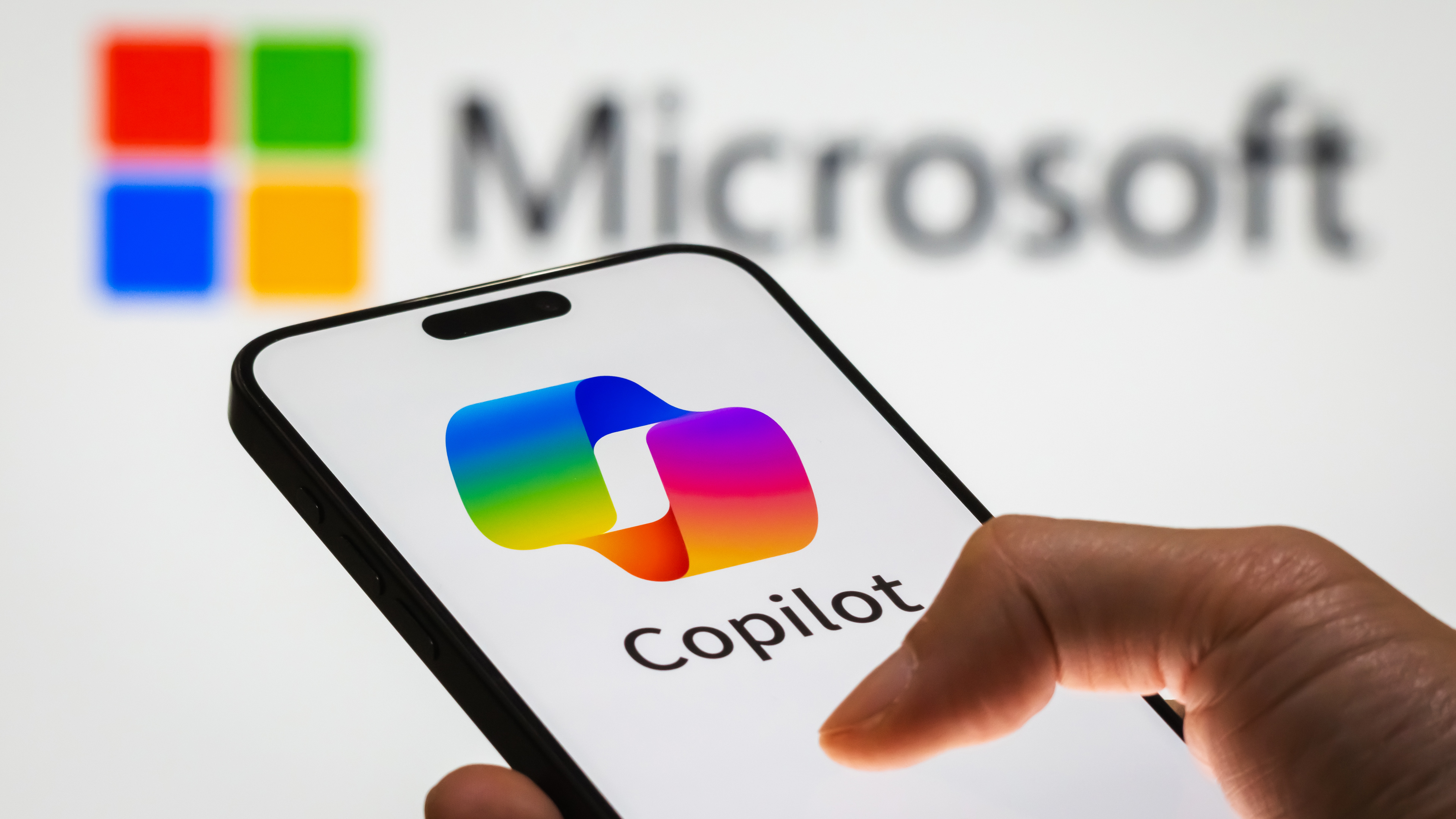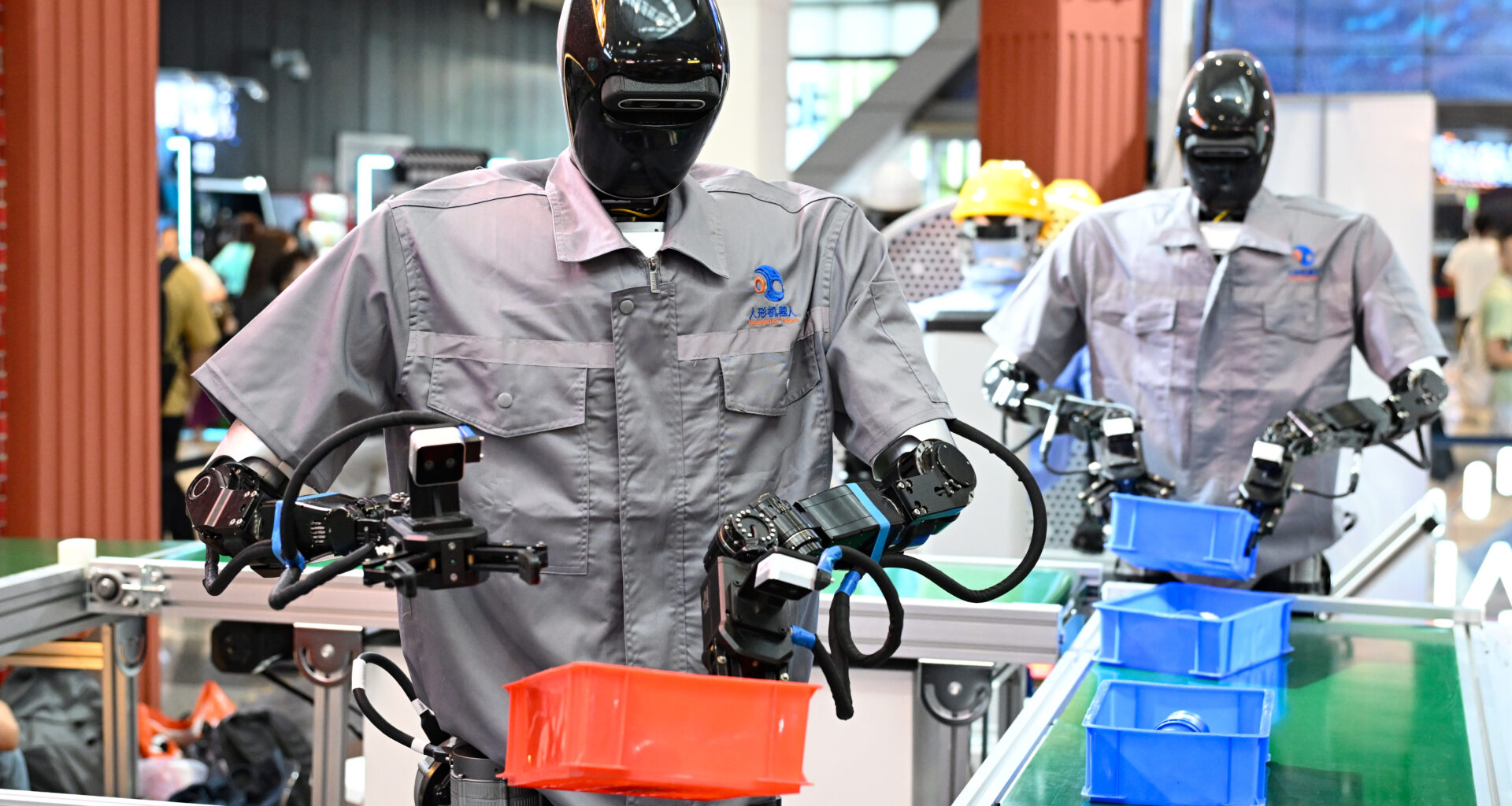It’s RIP for journalists (🥲), and many other professions, according to Microsoft Research.
In a new paper recently published by Microsoft’s research division, a team of data scientists revealed a variety of professions most likely to be impacted by AI based on a variety of factors. The team studied the United States job market specifically, although it stands to reason that, without some form of global regulation, these predictions could apply to virtually any developed or developing nation right now.
The study determines how “applicable” AI is to certain job roles, which in theory could be used to enhance productivity therein, but in practice, will most likely be used to justify reducing team sizes — outsourcing human work to AI models. Microsoft itself is thought to have laid off over 15,000 people this year due to the “application” of AI, and prioritizing its growth over other parts of the business. So far, there’s no evidence that AI has led to job creation.
You may like
Microsoft is at the absolute forefront of artificial intelligence, with its Azure data centers contributing processing power to models like ChatGPT, DALL-E, and Grok. Its Copilot chatbot is baked into Windows, and its business-grade solutions in Microsoft 365 aim to help users save time by offloading more menial tasks.
Increasingly, though, it seems that both current and future AI models will be able to not only offload those menial tasks but also replace entire professions. AI at scale could lead to a variety of unknown consequences that governments and society at large seem ill-prepared for — but perhaps there are opportunities around the corner, too?
In any case, here’s the list of 40 jobs most likely impacted by AI, and the 40 least likely, according to Microsoft Research.
Swipe to scroll horizontallyTop 40 jobs most at risk from AI (via Microsoft Research)
#
Job Title
Score
Employment
1
Interpreters and Translators
0.49
51,560
2
Historians
0.48
3,040
3
Passenger Attendants
0.47
20,190
4
Sales Representatives of Services
0.46
1,142,020
5
Writers and Authors
0.45
49,450
6
Customer Service Representatives
0.44
2,858,710
7
CNC Tool Programmers
0.44
28,030
8
Telephone Operators
0.42
4,600
9
Ticket Agents and Travel Clerks
0.41
119,270
10
Broadcast Announcers and Radio DJs
0.41
25,070
11
Brokerage Clerks
0.41
48,060
12
Farm and Home Management Educators
0.41
8,110
13
Telemarketers
0.40
81,580
14
Concierges
0.40
41,020
15
Political Scientists
0.39
5,580
16
News Analysts, Reporters, Journalists
0.39
45,020
17
Mathematicians
0.39
2,220
18
Technical Writers
0.38
47,970
19
Proofreaders and Copy Markers
0.38
5,490
20
Hosts and Hostesses
0.37
425,020
21
Editors
0.37
95,700
22
Business Teachers, Postsecondary
0.37
82,980
23
Public Relations Specialists
0.36
275,550
24
Demonstrators and Product Promoters
0.36
50,790
25
Advertising Sales Agents
0.36
108,100
26
New Accounts Clerks
0.36
41,180
27
Statistical Assistants
0.36
7,200
28
Counter and Rental Clerks
0.36
390,300
29
Data Scientists
0.36
192,710
30
Personal Financial Advisors
0.35
272,190
31
Archivists
0.35
7,150
32
Economics Teachers, Postsecondary
0.35
12,210
33
Web Developers
0.35
85,350
34
Management Analysts
0.35
838,140
35
Geographers
0.35
1,460
36
Models
0.35
3,090
37
Market Research Analysts
0.35
846,370
38
Public Safety Telecommunicators
0.35
97,820
39
Switchboard Operators
0.35
43,830
40
Library Science Teachers, Postsecondary
0.34
4,220
A lot of the jobs in the top 40 “most at risk” revolve entirely around what LLMs like ChatGPT seem to be able to do best. It’s all largely impersonal, easily digitizable work that can be reproduced easily by AI. I ranked the table by the score, from most at risk to least at risk, according to the research paper.
I was surprised to see things like models on the list, but it makes sense when you can easily ask ChatGPT or Copilot to generate an image of a model doing anything you want with a simple command prompt. It seems Microsoft Research thinks AI will be able to even reproduce my awesome Xbox exclusives in the future too … damn.
Perhaps I should consider a career in phlebotomy, or become a masseuse?
Swipe to scroll horizontallyTop 40 jobs least at risk from AI (via Microsoft Research)
#
Job Title
Score
Employment
1
Dredge Operators
0.00
340
2
Bridge and Lock Tenders
0.00
3,460
3
Water Treatment Plant and System Op.
0.00
120,710
4
Foundry Mold and Coremakers
0.00
2,700
5
Rail-Track Laying and Maintenance Equip. Op.
0.00
4,010
6
Pile Driver Operators
0.00
3,010
7
Floor Sanders and Finishers
0.00
4,510
8
Orderlies
0.01
48,710
9
Motorboat Operators
0.01
2,710
10
Logging Equipment Operators
0.01
23,720
11
Paving, Surfacing, and Tamping Equipment Op.
0.01
43,080
12
Maids and Housekeeping Cleaners
0.01
836,230
13
Roustabouts, Oil and Gas
0.01
43,880
14
Roofers
0.01
135,140
15
Gas Compressor and Gas Pumping Station Op.
0.01
4,400
16
Helpers–Roofers
0.01
4,540
17
Tire Builders
0.01
20,660
18
Surgical Assistants
0.01
18,780
19
Massage Therapists
0.01
92,650
20
Ophthalmic Medical Technicians
0.01
73,390
21
Industrial Truck and Tractor Operators
0.01
778,920
22
Supervisors of Firefighters
0.01
81,120
23
Cement Masons and Concrete Finishers
0.01
203,560
24
Dishwashers
0.02
463,940
25
Machine Feeders and Offbearers
0.02
44,500
26
Packaging and Filling Machine Op.
0.02
371,600
27
Medical Equipment Preparers
0.02
66,790
28
Highway Maintenance Workers
0.02
150,860
29
Helpers–Production Workers
0.02
181,810
30
Prosthodontists
0.02
570
31
Tire Repairers and Changers
0.02
101,520
32
Ship Engineers
0.03
8,860
33
Automotive Glass Installers and Repairers
0.33
16,890
34
Oral and Maxillofacial Surgeons
0.33
4,160
35
Plant and System Operators, All Other
0.33
15,370
36
Embalmers
0.33
3,380
37
Helpers–Painters, Plasterers, …
0.33
7,700
38
Hazardous Materials Removal Workers
0.33
49,960
39
Nursing Assistants
0.33
1,351,760
40
Phlebotomists
0.29
137,080
I ranked these jobs via the score given by Microsoft Research, with the lower the score indicating the least at risk.
The jobs least at risk are ones that seem to require a physical human touch, literally in some cases. Jobs like massage therapists, builders, roofers, engineers, and surgeons seem safe from AI today. But it’s certainly true that robots are becoming increasingly sophisticated and tactile as well — you’d have to think that it’s only a matter of time before humanoid robots, designed by AI itself, could supplant a lot of these roles as well.
It’s all getting a bit Matrix-y, isn’t it?
The AI upheaval will have massive consequences, for better or worse

Microsoft Copilot isn’t as popular as other AI chatbots, but it’s decent enough. (Image credit: Getty Images | Cheng Xin)
Artificial Intelligence is going to have massive implications for the world, much like the industrial revolution did back in the 1800s. I often see investors and technologists hand-wave and apply analogies like “cars destroyed the horse and cart industry,” but increasingly, we’re seeing governments waking up to the absolute carnage this technology could wreak.
With our entire economic system revolving around work, and increasingly white collar work, vast unemployment, the likes of which has never been seen before, could trigger all sorts of social turmoil. Governments certainly seem ill-prepared for the AI worst-case scenario situations, even before you consider artificial general intelligence and self-replicating improvement models that are on the horizon.
AI could turbocharge inequality and wealth disparity, with societies voting for populist candidates who promise a world of change while delivering more of the same. There’s only so much bullshit society can take, and AI could be the spark to tip it over the edge.
But what about the benefits? AI could speed up disease and cancer solutions, able to experiment, comprehend, and parse data far faster than huge teams of scientists could manually. Perhaps AI itself comes up with economic solutions to solve the looming unemployment crisis, with some form of distributed universal basic income, touted by some, as freeing humanity from the toils of work in general.
I tend to gravitate towards more cynical expectations about the future — but much like the industrial revolution, it created plenty of turmoil, but it’s undeniable how it advanced society as a whole. It created entirely new industries and opportunities and vastly boosted life expectancies globally, owing to things like industrialized agriculture, advances in medicine, and so on.
Will AI create as many jobs as it eliminates, though? Or eliminate the need to work completely? Will we end up as a fusion-powered space-faring species? Or, could we all end up in The Matrix or Terminator?
I guess we won’t have to wait too long to find out. What do you think?

